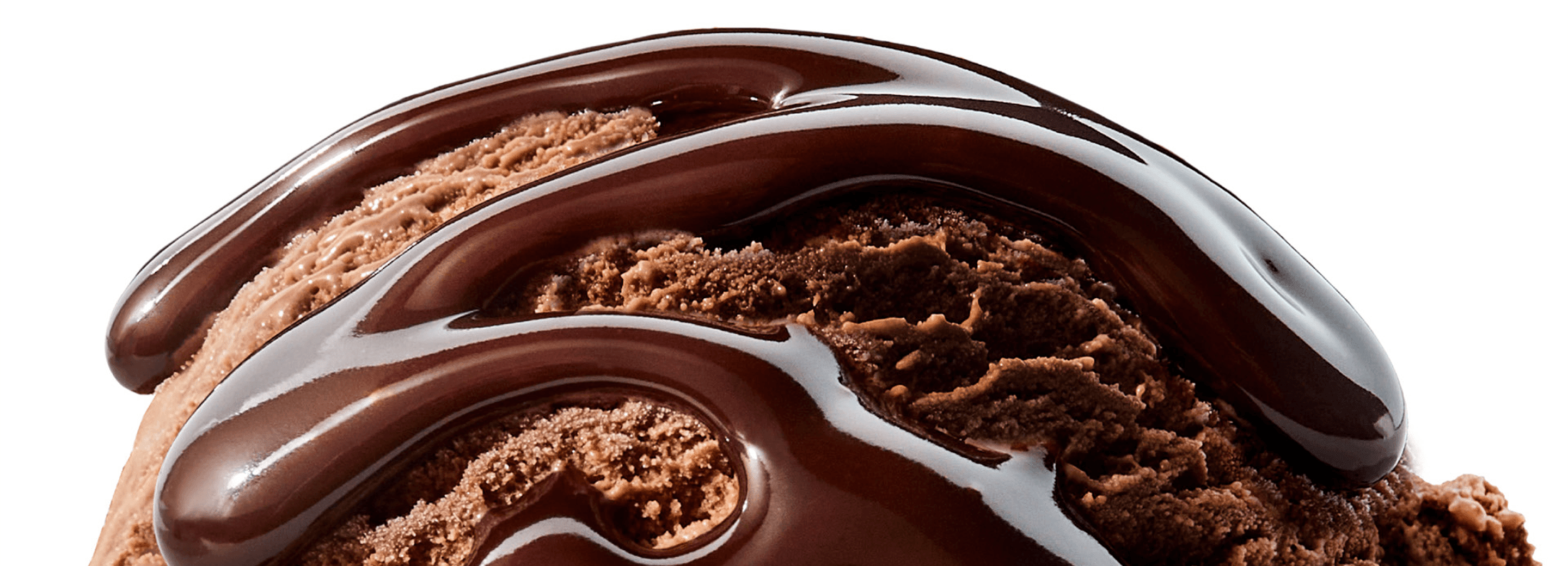Sustainability at
Baskin-Robbins
We believe that being a good corporate citizen is good business. We set sustainability goals to make continuous progress in the areas of responsible sourcing, sustainable packaging, energy efficiency, waste reduction, animal welfare, nutrition and other issues and have made important progress toward these goals. Sustainability is a journey and we are committed to continued progress under our three pillars: Sustainable Food, Sustainable Restaurants and Sustainable Communities.
-
1.
Improving Menu Quality and Providing Choice
As part of our company’s ongoing efforts to offer guests great tasting, high quality products and cleaner menu labels, Baskin-Robbins eliminated artificial dyes from key categories on its menu. Specifically, we have removed artificial dyes from our ice cream sold at both BR restaurants and in quarts and pints at retail locations as well as its syrups, sauces, and beverages including Cappuccino Blast ®. The exception for Baskin-Robbins’ menu includes select supplier-branded ingredients produced by other companies and used as topping, ice cream inclusions and decorative elements. We continue to partner with suppliers to identify replacements for the decorative elements on ice cream cakes.
In addition, we are committed to increasing vegan and vegetarian offerings on our menu.
- We launched three non-dairy, vegan indulgent flavors at Baskin-Robbins: Non-Dairy Chocolate Extreme, Non-Dairy Chocolate Chip Cookie Dough and Non-Dairy Coffee Caramel Chunk.
In 2020, we donated Baskin-Robbins non-dairy flavors to frontline health workers treating COVID-19 patients at Scripps Mercy in California. Building on the excitement of these offerings, in May 2021, Baskin-Robbins launched a new oatmilk-base for its non-dairy flavors, starting with Non-Dairy Strawberry Streusel.
-
2.
Dairy Sustainability
Baskin-Robbins recently joined the Dairy Sustainability Alliance, a multi-stakeholder group consisting of representatives from across the dairy value chain, committed to leading in sustainability and furthering the dairy community’s social responsibility goals.
In 2017, we required all of our U.S. Baskin-Robbins’ milk suppliers to participate in Farmers Assuring Responsible Management (F.A.R.M). F.A.R.M. is a nationwide program that reflects the commitment of U.S. dairy farmers to providing a high level of animal care and quality assurance. Our farmers pledge not to use artificial growth hormones in our cream and milk.
-
3.
Animal Welfare
We are committed to the humane treatment of animals. We do not own, raise, process or transport livestock, but we recognize that animal welfare is an important part of a safe and sustainable food supply chain. And like many of our stakeholders, we care about the way animals are raised and treated. We created our Animal Welfare policy in 2012 to share our animal welfare commitments with our stakeholders, set forth clear expectations for our suppliers and guide our own decision-making regrading animal products in our U.S. supply chain.
-
1.
Sustainable Restaurants
Approximately, 85% of Baskin-Robbins packaging is either renewable, recyclable, and/or made from certified materials. In 2015, we transitioned the BR spoon to polypropylene. This transition removed over 17,246 lbs. of packaging materials from the waste stream annually. We remain committed to finding a long-term sustainable alternative to our single-use plastic packaging, including straws that meets our guests’ expectations and reduces environmental impacts.
-
2.
Water
With water being one of the world’s most precious commodities, Baskin-Robbins continues to test more efficient on-demand ice cream scoop washers. So far, initial findings demonstrate a significant reduction in the gallons of water used in all test locations.
-
1.
Energy and Climate
As part of our commitment to reduce our environmental impact, we continue to work with consultants to measure our energy and GHG (Greenhouse Gas) emissions footprint for our corporate facilities. Our external consultants monitor our energy and Scope 1, 2 and 3 emissions for our corporate holdings. In 2019, we saw a 60% reduction in GHG emissions compared to a 2013 baseline.
-
2.
Philanthropy
In addition to their support of the Pint-Sized Heroes program, Baskin-Robbins franchisees support many non-profit organizations and community causes across the country. In 2017 and 2018, nearly 200 volunteers from Dunkin’ and Baskin-Robbins and our partners participated in the annual Jimmy Fund Scooper Bowl® in Boston, MA, scooping ice cream over three days to help raise money for cancer care and research at Dana Farber. Since 1983, the Scooper Bowl has raised $6.7 million.
Explore the impact Baskin-Robbins and the Inspire family of brands make in your community at Impact.InspireBrands.com




 Order Online
Order Online